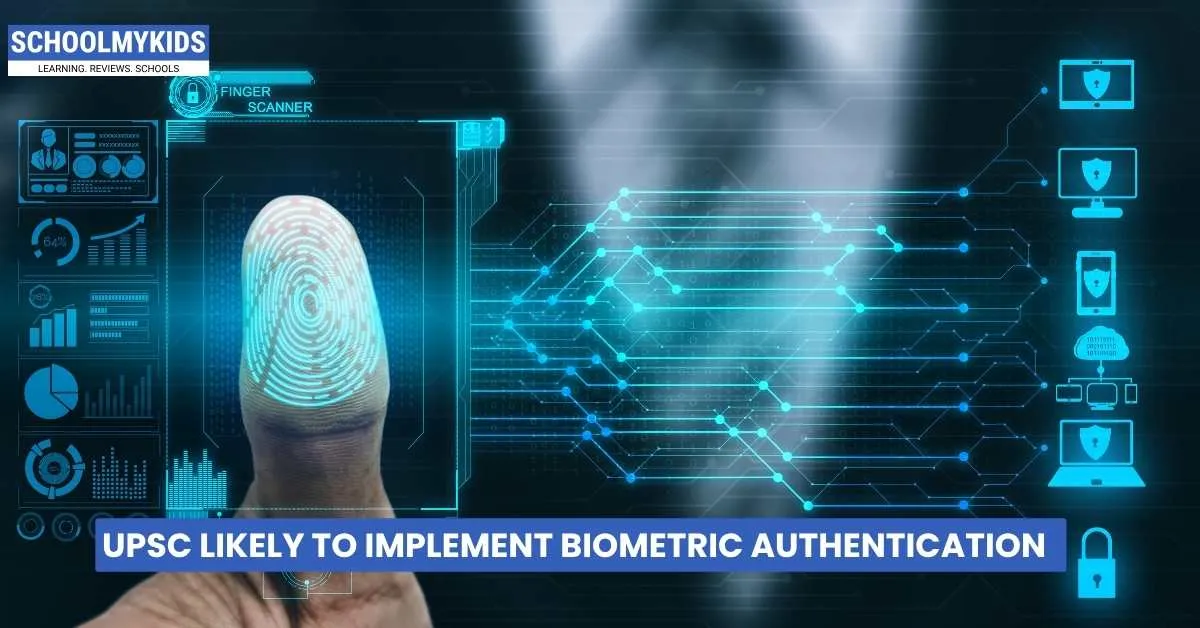Introduction
In a move aimed at enhancing exam integrity and preventing impersonation, the Union Public Service Commission (UPSC) is likely to roll out biometric authentication for candidates starting June 2025. With the ever-evolving challenges in examination security, this step signals a shift toward stricter and more transparent identity verification processes in India's most prestigious civil services examination.
Why This Matters
For decades, UPSC exams have stood as a symbol of meritocracy in India. But in recent years, instances of impersonation, forged identities, and fraudulent entries have nudged authorities toward adopting technology-driven security layers. The introduction of biometric authentication—typically involving fingerprint and/or iris scanning—promises to address these vulnerabilities head-on.
How It Will Work
While detailed guidelines are yet to be issued officially, sources suggest the process will likely include:
- Pre-exam biometric capture during admit card verification.
- On-site verification at exam centers using fingerprint or iris scans.
- Potential cross-verification with Aadhaar-linked identity records.
- Mandatory matching at both entry and exit points to eliminate proxy candidates.
Impact on Candidates
For aspirants, the change will bring both confidence and caution. On one hand, it levels the playing field and ensures no unfair advantage through impersonation. On the other, it raises concerns about privacy, data safety, and potential mismatches due to faulty equipment or fingerprint issues (like manual laborers or candidates with skin conditions).
Experts recommend that UPSC:
- Clearly communicate the biometric policy well in advance.
- Offer dry runs or sample testing opportunities.
- Ensure technical infrastructure at all centers is foolproof.
Wider Trend in Exam Reforms
This isn’t the first instance of biometric checks in competitive exams. Agencies like the NTA (for NEET and JEE) and the Staff Selection Commission (SSC) have already implemented them with mixed feedback. UPSC’s adoption suggests that high-stakes exams are moving toward a common technological baseline of identity integrity.
Concerns and Considerations
While many welcome the move, civil liberties groups have called for data protection safeguards. Will biometric data be stored? Who will have access? How will errors be handled?
Experts recommend that UPSC work closely with the Ministry of Electronics and Information Technology (MeitY) to establish clear privacy protocols.
Conclusion
The likely implementation of biometric authentication by UPSC is a defining moment in India’s examination reforms. As aspirants prepare for Prelims 2025, they must also prepare to engage with technology as part of their test-taking journey. If executed responsibly, this measure could mark a new era of exam credibility and candidate trust.








Be the first one to comment on this story.